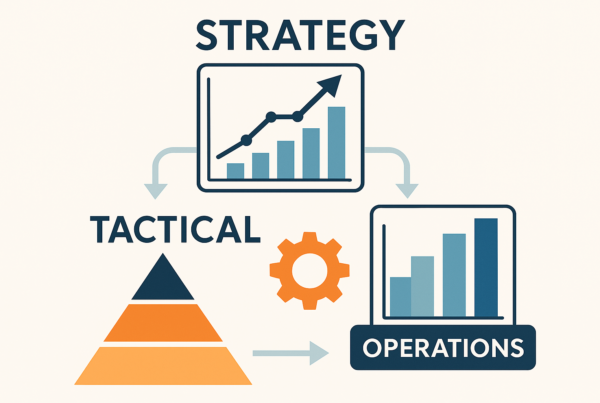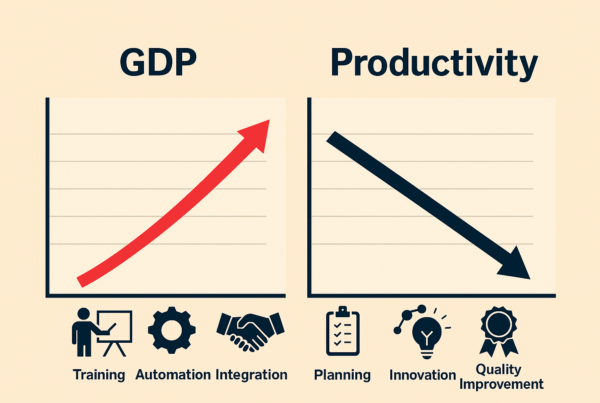In spite of the poor state of South Africa’s economy, Covid-19 has changed our lives in unimaginable ways. The pandemic has brought new challenges for us to face, to figure out ways of surviving. Some challenges may include facing a salary reduction or retrenchment. Either way, your financial situation has changed – you are in the position of having reduced to no income, while living expenses remain the same. The thought of this financial situation has probably got you pondering how to make money to survive, which may direct your thinking to the following questions:
- Should I become an entrepreneur?
- Is it the right time to start a business (hustle)?
- What are the risks?
- Where do I start?
The above points are loaded questions with the answers being unique to your situation and what you have in mind. However, I will highlight the thought processes and some of the considerations in this article. Specific details can be discussed on a one-on-one basis.
Should I become an entrepreneur?
With current economic uncertainty, the consideration to pursue an entrepreneurial role becomes a valid question. You have to realize that starting and running a business is a strenuous endeavor. There is no set salary on the “25th” of each month. You have to decide if you have the character to face and overcome the many challenges encountered on this path. Entrepreneurship will challenge your appetite for risk and expected rewards. If you do not have an income stream and cannot acquire a job, becoming an entrepreneur may be your only choice. Given the outlined hardships, do not rush in and spend your hard-earned cash on starting a business. According to research, 90% of all businesses fail within the first 2 years. Professional support and planning can reduce business failure rates. Further down the article I will expand on how to approach this common entrepreneurial problem and how to mitigate some of the risks.
Is it the right time to start a business (hustle)?
Firstly, let me contextualise what I mean by ‘starting a business’ and becoming an entrepreneur. Often, people have the view that being a business owner means you own and run a business from fancy offices and generate millions of Rands in profit – this is not the case. An entrepreneur is someone who takes a risk in setting up his/her own business in order to make a profit. It is a long and lonely road – an entrepreneur needs to have the resilience, tenacity and support to chase his/her idea. You could be thinking of making and selling face masks, selling prepared food at the taxi rank or business/industrial area in your community, buying a franchise or opening an engineering fabrication workshop. The type, size and industry sector you could choose is vast. Naturally, each of these businesses come with different requirements in terms of investment, resource requirements (people, money, machines, material, location, etc.), risks and rewards.
The contents of this article can be used when starting any business irrespective of its size (Small, Micro or Medium).
The reality is that there is no right or wrong time in starting a business or hustle – it all depends on what you want to do, the risks you are prepared to take and identifying how you will mitigate against these risks to make a profit.
What are the risks?
In my view, one of the reasons SMME’s fail is because they do not fully understand what they are getting into and the associated risks when doing business. A risk assessment process can be used to help you achieve two critical outcomes:
- Identify as many risks as possible which could trip you up
- Identify the actions that you can take to overcome these risks
Some of the other typical challenges and reasons SMME’s fail are:
- Inability to maintain profits and reduce costs
- Not fully understanding how to get their products/services to the end user in a cost-effective manner
- Not attracting new customers
- Lack of skills primarily in the following areas:
- Business management
- Supply chain management
- Understanding their value chain
- Business planning (forecasting & supply planning)
- Data gathering and analysis to support decision-making
- Lack of basic processes in terms of quality, health and safety, operations, cost and cash flow management, people development, KPI (key performance indicators) and performance management
- Not understanding the needs of their customers
- Lack of decision making (considering all related factors and assessing risk versus reward)
- Not securing financing
- Not ensuring the correct balance between people (skills), processes and systems
- Not putting together a BUSINESS PLAN
Where do I start?
I would strongly recommend that you start with a business plan once you have an entrepreneurial money-making idea. A business plan will help you codify your thoughts and assess your ideas.
A common misconception that I find is that individuals think that a business plan is only needed if you want to apply for funding – this is far from true. A business plan is something you do to enable you to assess your idea in a holistic manner and becomes your blueprint planning document. The business plan is a live and dynamic document that you will use and update during your journey. The typical headings that I would recommend you include are:
- Executive Summary
- Company Description
- Product Offerings
- Market Analysis
- Competitive Analysis
- Business Team (top down, internal & external)
- Strategy, Tactical and Implementation Plan
- Product Offering
- Marketing and Sales Plan
- Financial Planning (forecasts)
- Financial Projections
- Funding Requirements
Start with a business plan – it will set you on the right path towards successful business endeavours. The above headings will help to clearly define your business forecast and financial situations.
Conclusion
This article is aimed at giving you some food for thought on what to consider when deciding to open a business. As I have mentioned above, the type and size of business will dictate the level of planning you should do. Business planning is not a long-complicated process that should result in a hundred-page document – it is a thoughtful approach to making your idea a reality and maximizing your chances of success. So, my advice to you is to not rush headlong into anything without a proper plan and the right support from professionals, family and friends.
Author
Dr Kenneth Moodley is an experienced supply chain and business professional with over 25 years’ experience. He has a demonstrated history of working with both big corporates (example: Unilever & The South African Breweries) and SMME’s (Productivity SA) in various industry sectors as a senior Supply Chain Specialist, Leader and Business Coach. In addition to his supply chain experience, he is a skilled business turnaround strategist and is a registered senior business rescue practitioner.






Txu kind sir for the invaluable information, guidance and direction.
Yes in these times we don’t have many options except to self sustain and try and maintain.
The worry remains though with the dwindling cash flow of people in there restricted movement that will definitely effect business growth.
Hopefully we manage a break even …..
Thanks for the feedback. I agree restricted cash flow is a problem. What i am hoping for is that individuals realise the following:
1. There are various sources of funding and planning will help determine if the Return on Investment and risks make the venture worth pursueing.
2. With people potentially losing jobs and/or income they may be considering using their pensions, other savings or monies collected from a retrenchment package. Whatever the source is, they must plan versus jumping in and hoping things work out.
Thanks again Vigen for the feedback and interaction.
Kenneth
Thank you for this information Mr Moodley, it’s very helpful
Thakns for the engagement Lindani. Much appreciated.
Kenneth
Hi Dr Moodley
Very insightful post, I think in these Covid times everyone is look for a side hustle but doesn’t know where to start, looking forward to your next post, perhaps, on how to go about doing a business plan
Thank you for the feedback and suggestion on ‘business planning’. Much appreciated.